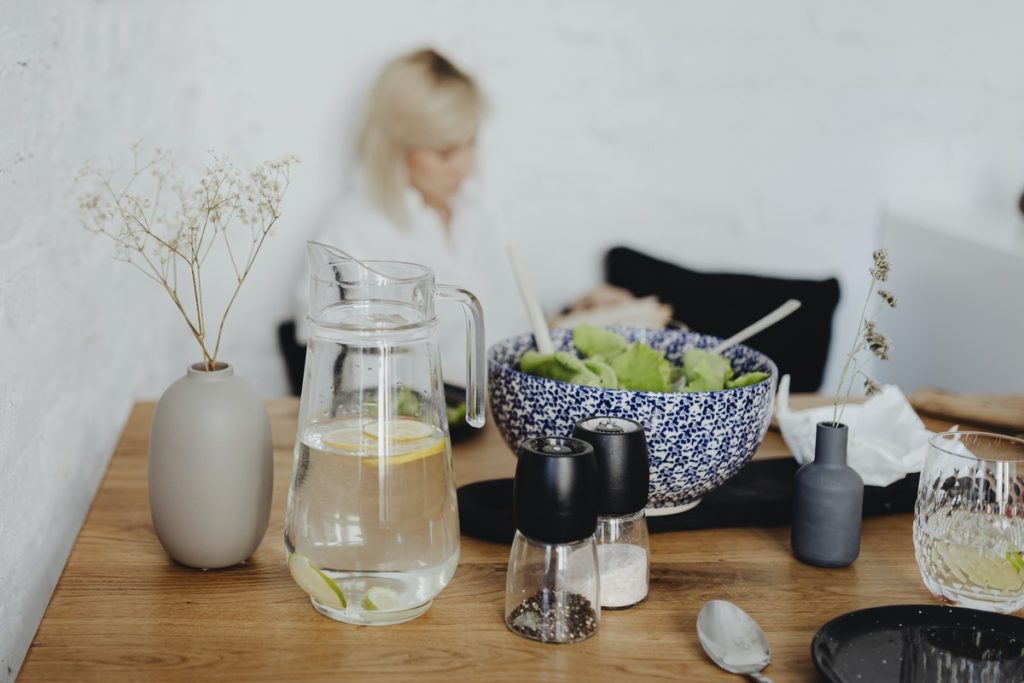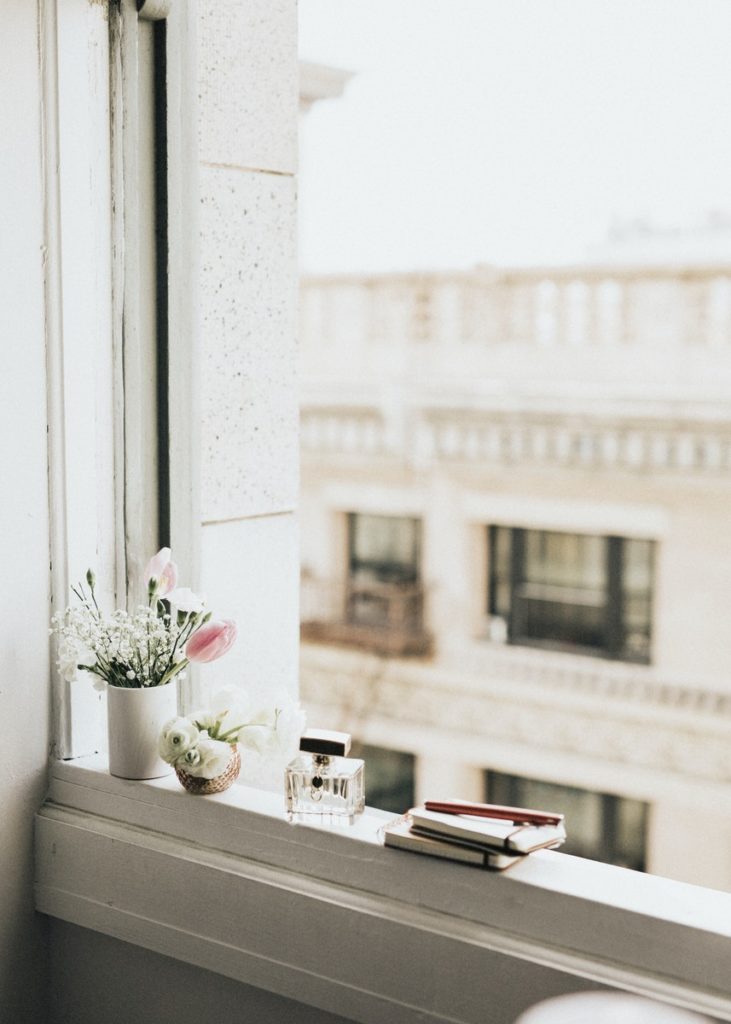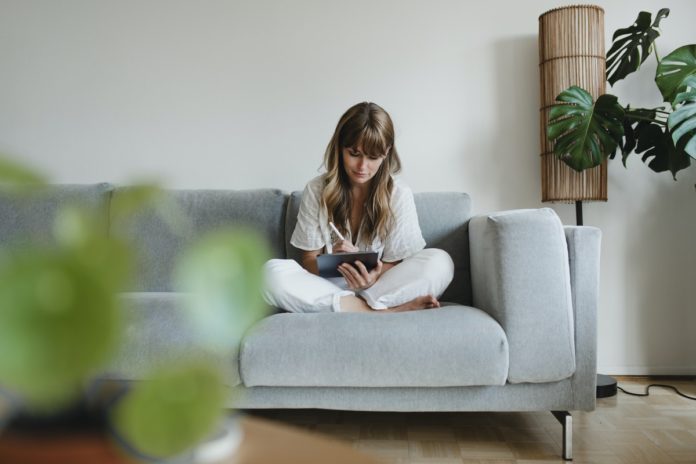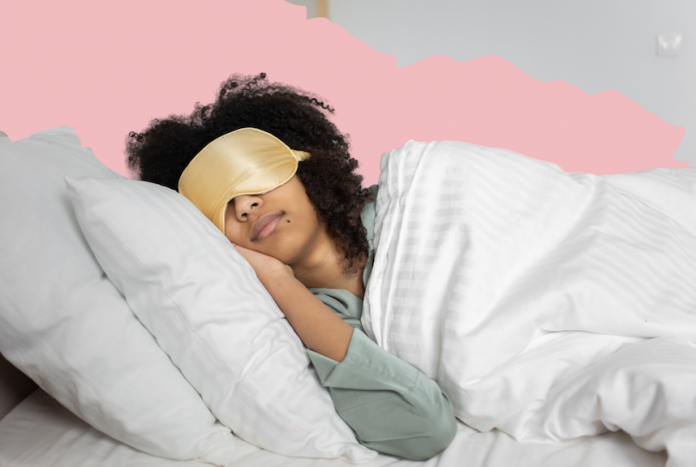
IDEAL for a holistic approach to your health and wellbeing.
Now more than ever, many people are feeling the strain of stress and anxiety. This is a common enough issue at the best of times, and global events have only accelerated this. With introspection and looking inwards the only option at times, you could do much worse than making the most of the opportunity for a little self care right now.
Fortunately, there are various tools at your disposal to address that feeling of stress and burden. With that in mind, here are 7 ways to manage stress and anxiety, IDEAL for a holistic approach to your health and wellbeing.
POSITIVE SELF-TALK
Believe it or not, our internal monologue has a huge impact on your stress levels, dictating our mood way more than we give it credit for. The thoughts running through our minds, and in particular the way we talk to ourselves – our self-talk – can impact incredibly on our wellbeing.
By developing positive self-talk habits, we set ourselves up to better deal with stress and anxiety. Often we are much, much harsher in the way we talk to ourselves than how we talk to anyone else; a product of evolution and risk avoidance, according to some psychologists.
It’s important to be aware of the skewed nature of this kind of negativity and self-criticism. Instead, cultivate a practice of being kind to yourself and positive about potential outcomes.

BREATHE
Another very simple but highly effective tool for reducing stress and anxiety is our breath. Conscious breathing can be hugely effective in reducing stress and anxiety. Indeed, even a few minutes of deep breaths can have a big impact.
One of the reasons this is so effective is that it calms our sympathetic nervous system. This is the system in our body that developed to deal with hazardous conditions and is related to the “fight or flight” response that was very useful in humans’ early history. However, these kinds of responses are less helpful in modern life. By breathing slowly and mindfully, we calm our heart rate, and reduce this nervous response.
Of course, the most well known way of channelling this breath control is through mindful meditation. Check out our tips on the 5 best meditation and mindfulness apps for 2020 which can help you get started.
EXERCISE YOUR MIND & BODY
Physical activity is absolutely critical to emotional wellbeing. In fact, exercise may even be more effective in treating mental issues than medication, according to recent research. Regular exercise helps to improve your mood, reduce stress, boost energy, and improve self-esteem.
This doesn’t mean you need to become a gym-junkie: even a short walk every day can be highly beneficial. And right now, that’s all you’re getting. Taking time out to exercise your mind is important too. Studies have shown that just six minutes of reading can help reduce stress levels by up to 60 percent. Go get it!

GET ENOUGH SLEEP
When we suffer from stress and anxiety, our sleep can often suffer, as we lay awake tossing and turning, or stay up late with insomnia looking to the ceiling for answers.
Though it can be hard to avoid when you’re stressed, not getting enough sleep is so counterintuitive to a nurturing a more peaceful mind. Sleep can actually be a powerful antidote to these issues so it is important we get enough; at least seven hours of solid, quality sleep per night is recommended.
If you struggle to get to sleep, a good bedtime routine can help. Set aside one to two hours before bedtime to wind down, steering clear of electronic devices during this time. Incorporating mindful activities such as relaxation or yoga during this time can also be very effective.
DIET RIGHT
Our physical and emotional health are closely linked. When we are stressed or anxious, our physical health suffers. Equally, better physical health helps to support our emotional wellbeing, and minimise the symptoms of stress and anxiety.
Healthy eating is crucial to not only ensuring that our bodies are healthy, but having the right vitamins and nutrients can also help to control our stress and anxiety. In the same way, physical activity, getting enough sleep and drinking enough water is integral to our emotional wellbeing.

CBD OIL
CBD oil, a product derived from the cannabis or hemp plant, is believed to be helpful in managing stress and anxiety. Though studies are still in their early stages, some evidence is emerging that shows the potential useful impact of CBD oil in this area. This is because CBD is said to change the way receptors in the brain respond to serotonin and therefore helps to manage the symptoms of anxiety.
Additionally, it’s been suggested that CBD oil reduces cortisol, the body’s natural stress hormone, thus lessening stress and associated symptoms. It should be noted that studies into CBD’s efficacy are ongoing and largely inconclusive.
SPEND TIME WITH LOVED ONES
One of the best ways to reduce stress and anxiety is to spend time with close friends and family. Though right now this isn’t possible physically, keeping connection virtually and over the phone is still important. The people closest to us represent invaluable support that is highly useful in getting us through the tough times.
Our loved ones not only give us important emotional support, they are also important because they provide a sense of belonging and self-worth. The latter is important in many ways, but in particular when dealing with anxiety or depression. Finally, studies have shown that spending time with friends and family can release the natural stress reliever oxytocin, especially in children.





